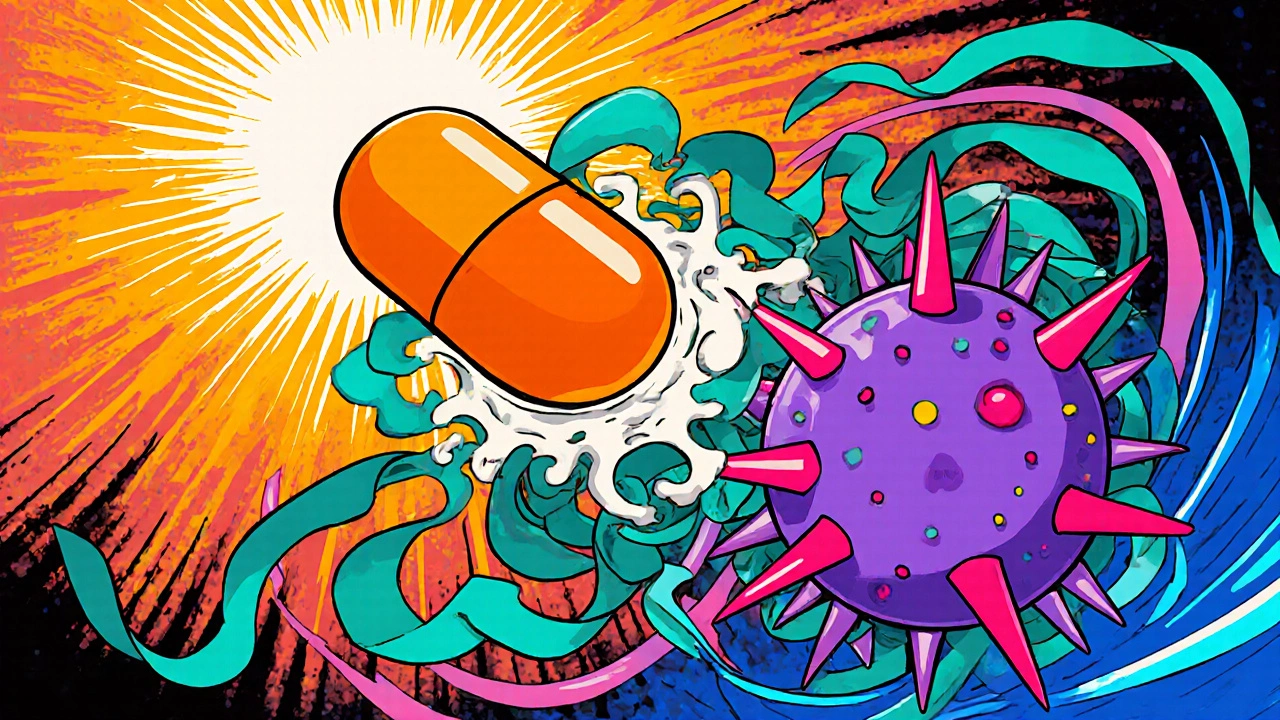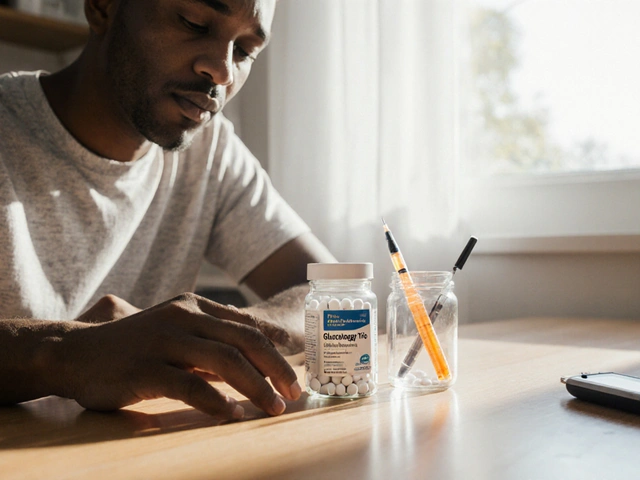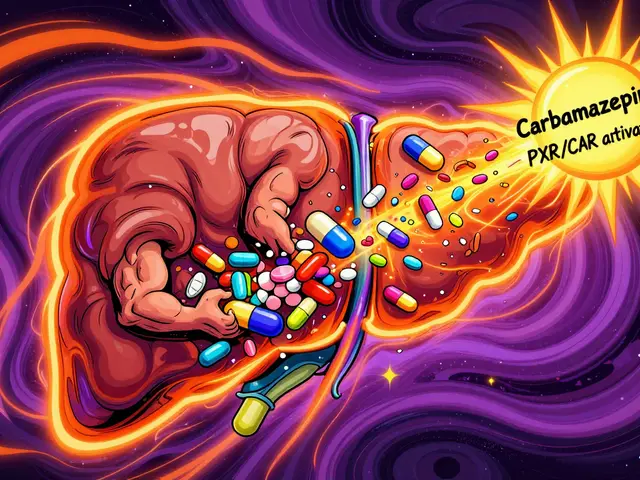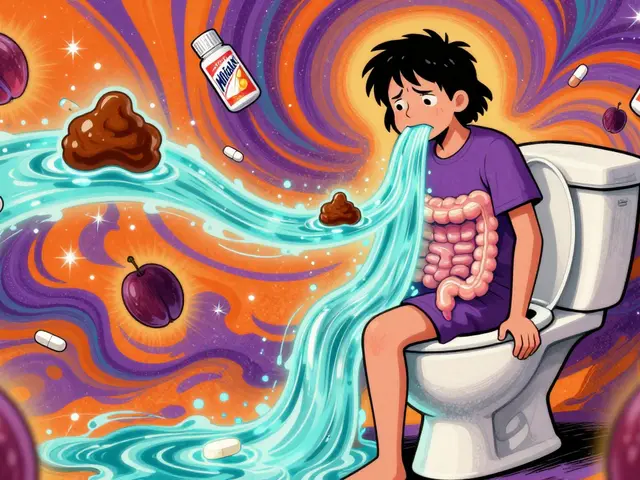HIV Medication Interactions: What You Need to Know Before Taking Other Drugs
When you’re on HIV medication, a combination of antiretroviral drugs used to control the virus and prevent progression to AIDS. Also known as antiretroviral therapy, it keeps the virus in check—but it doesn’t play nice with everything else you take. Many people on HIV treatment also use pain relievers, antibiotics, supplements, or even herbal remedies. What they don’t realize is that some of these can cut the power of their HIV drugs or push their body into dangerous territory. A simple ibuprofen or St. John’s wort might seem harmless, but they can wreck your treatment plan.
Antiretrovirals, a class of drugs that block HIV from multiplying in the body. Also known as ARVs, it works by targeting specific parts of the virus’s life cycle. But these drugs are processed by the same liver enzymes that handle most other medications. That’s where the trouble starts. If you take something like clarithromycin, an antibiotic commonly used for bacterial infections. Also known as Biaxin, it can slow down how fast your body breaks down certain HIV drugs, leading to toxic buildup. On the flip side, some drugs like St. John’s wort, a herbal supplement used for mild depression. Also known as Hypericum perforatum, it speeds up drug metabolism, making your HIV meds less effective. The result? The virus comes back stronger. This isn’t theoretical—it’s been documented in real patients who thought natural meant safe.
You don’t need to avoid all other medications. But you do need to know what’s safe. For example, some blood pressure pills, antidepressants, and even common antacids can interfere with HIV treatment. Even something as simple as grapefruit juice can mess with drug levels. Your pharmacist isn’t just there to fill prescriptions—they’re your first line of defense. Always tell them you’re on HIV meds before picking up anything new. And if you’re thinking about a supplement, check with your doctor first. There’s no such thing as a harmless pill when your life depends on stable drug levels.
The posts below cover real-world cases where drug interactions caused problems—and how people fixed them. You’ll find comparisons of common meds like ibuprofen and antibiotics, tips on avoiding dangerous combos, and clear advice on what to ask your provider. No fluff. Just what works, what doesn’t, and what could save your treatment.
Didanosine Drug Interactions: Essential Guide for Patients and Providers
Learn which meds and supplements affect didanosine, how to manage risks, and what symptoms to watch for to stay safe on HIV therapy.






